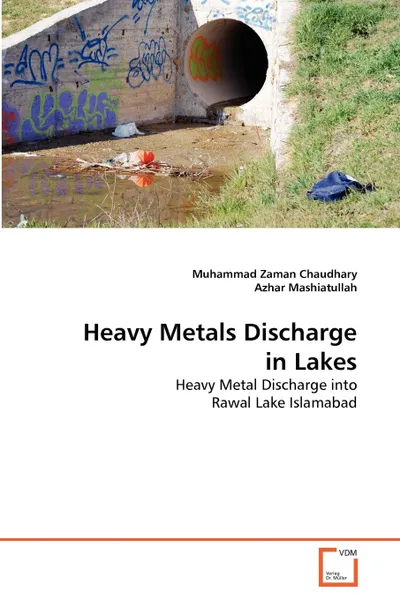Heavy Metals Discharge in Lakes 12+
92 страницы
Категория: Учебная литература
ISBN: 9783639316599
Язык: Английский
📗 Metals are non-biodegradable and are considered as major environmental pollutants causing cytotoxic, mutagenic and carcinogenic effects in animals. Aquatic organisms have the ability to accumulate heavy metals from various sources including sediments, soil erosion and runoff, air depositions of dust and aerosol, and discharges of waste water. Therefore, accumulation of heavy metals in aquatic organisms can pose a long lasting effect on biogeochemical cycling in the ecosphere.The rapid growth of population in the catchment areas may lead to deterioration of lake water quality (biolgical/chemical). The present investigation was carried out to study the water quality issues in terms of metal contents of Rawal Lake Islamabad Pakistan, which is major drinking water reserviour for inhabitants of Rawalpindi/Islamabad.
Мнения
